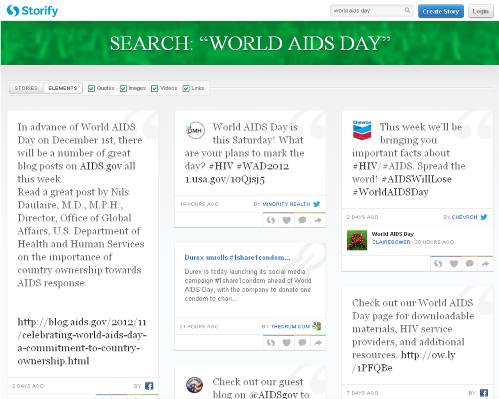Redefining impact – altmetrics now on journals from BMJ
21 Oct, 13 | by BMJ
In growing numbers, scholars are moving their daily work to the Internet. Online reference managers, such as Zotero and Mendeley, have grown in popularity, the latter claiming to store over 470 million articles (substantially more than PubMed). In addition, as many as a third of scholars are on Twitter and a growing number cultivate scholarly blogs.
As a result of the increasing scholarly use of social tools like Twitter, Facebook and Mendeley, there is a need to track scholarly impact on the social web by creating new filters. The call for new metrics has been answered by a group of researchers who have dubbed the movement as ‘altmetrics‘.
In support of this year’s theme for Open Access Week, ‘redefining impact’, BMJ has introduced the Altmetric widget across all articles published in BMJ’s portfolio of journals.*





![Summaries of recent peer reviewed articles from EMJ [Kindle Edition]](https://stg-blogs.bmj.com/bmj-journals-development-blog/files/2011/06/Picture31.png)
